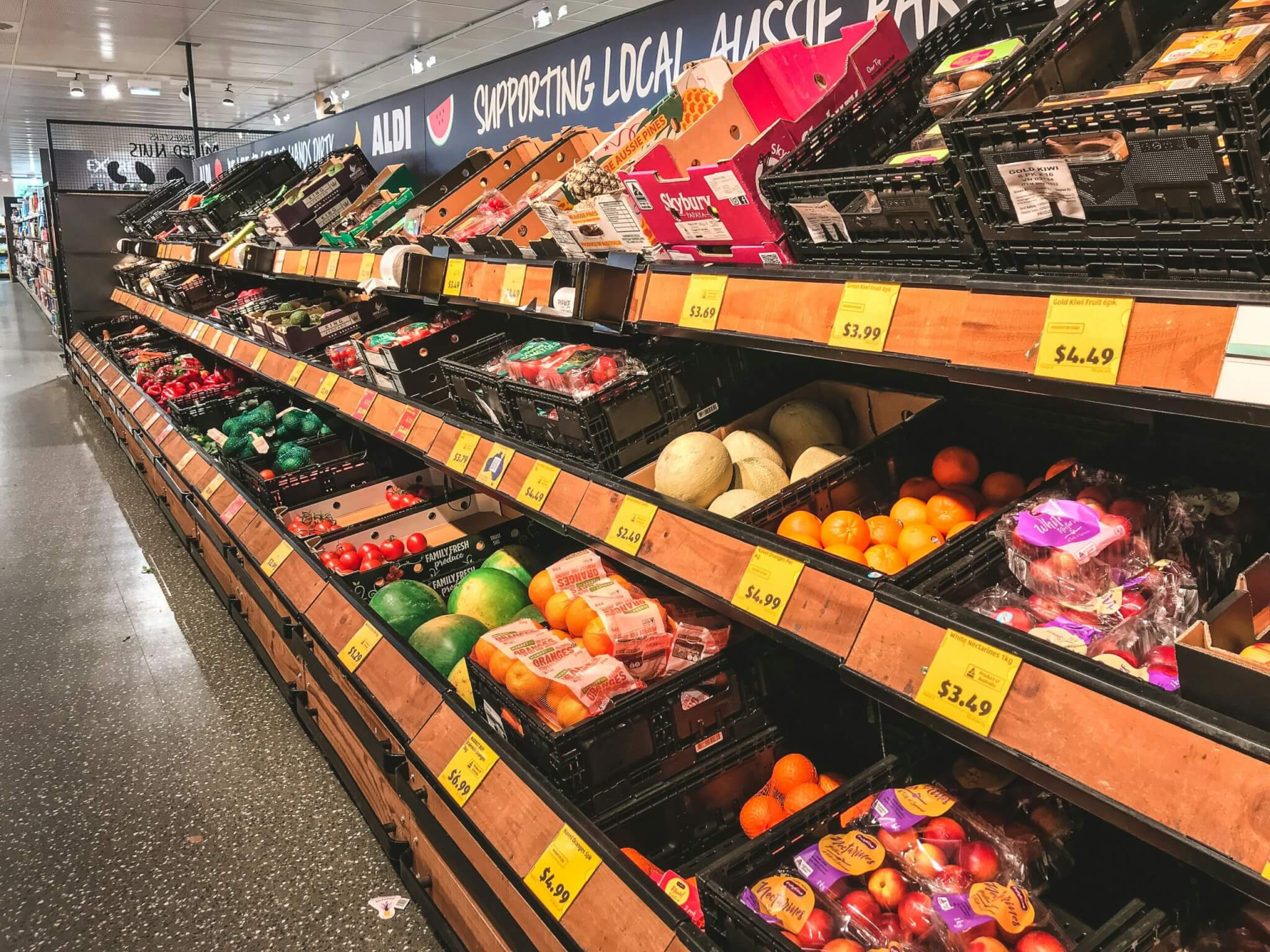This week marks the beginning of Fairtrade Fortnight. The principle of fairness is central to how we run Riverford, though the practice it is not always straightforward. Close to home, when we are able to manage relationships ourselves, we come very close to making principle a reality. Profits are shared with staff, we will become employee-owned next year, we have uniquely longterm, secure contracts with our fellow farmers and an honest pricing policy whereby all customers, new and old, pay the same. When trading further from home with more people in the supply chain things get harder; outside Europe we rely on Fairtrade certification, for bananas and pineapples in particular.
The combination of global free trade, innovation and capitalism has driven down the cost of almost everything, especially food, generating wealth and unprecedented consumption in the process. That there are benefits for most is unquestionable, but how these are shared has never been at all fair. Are brutal exploitation and inequality an intrinsic part of wealth creation? However much we want something to be fairer and are even willing to pay more for it, the power of capitalism stems from its simplistic measurement of value. This makes it good at delivering cheaply what can be objectively quantified and traded, but poor at integrating subjective concepts like fairness and human dignity.
Can free trade ever be fair? Can capitalism be harnessed to deliver more than wealth? I confess to occasional scepticism and sometimes feel it is futile to even try, yet, to quote Noam Chomsky, “If you assume that there is no hope, you guarantee that there will be no hope. If you assume that there is an instinct for freedom, that there are opportunities to change things, then there is a possibility that you can contribute to making a better world.” Like all success stories Fairtrade has its critics and some participant growers are frustrated, yet all the ones I have met have told me it has benefitted their communities, bringing empowerment and encouraging co-operation and social cohesion. It is hard to put a value on fairness and hope, but life is worth little without them so we support Fairtrade and the contribution it makes to creating a better world.











0 Comments